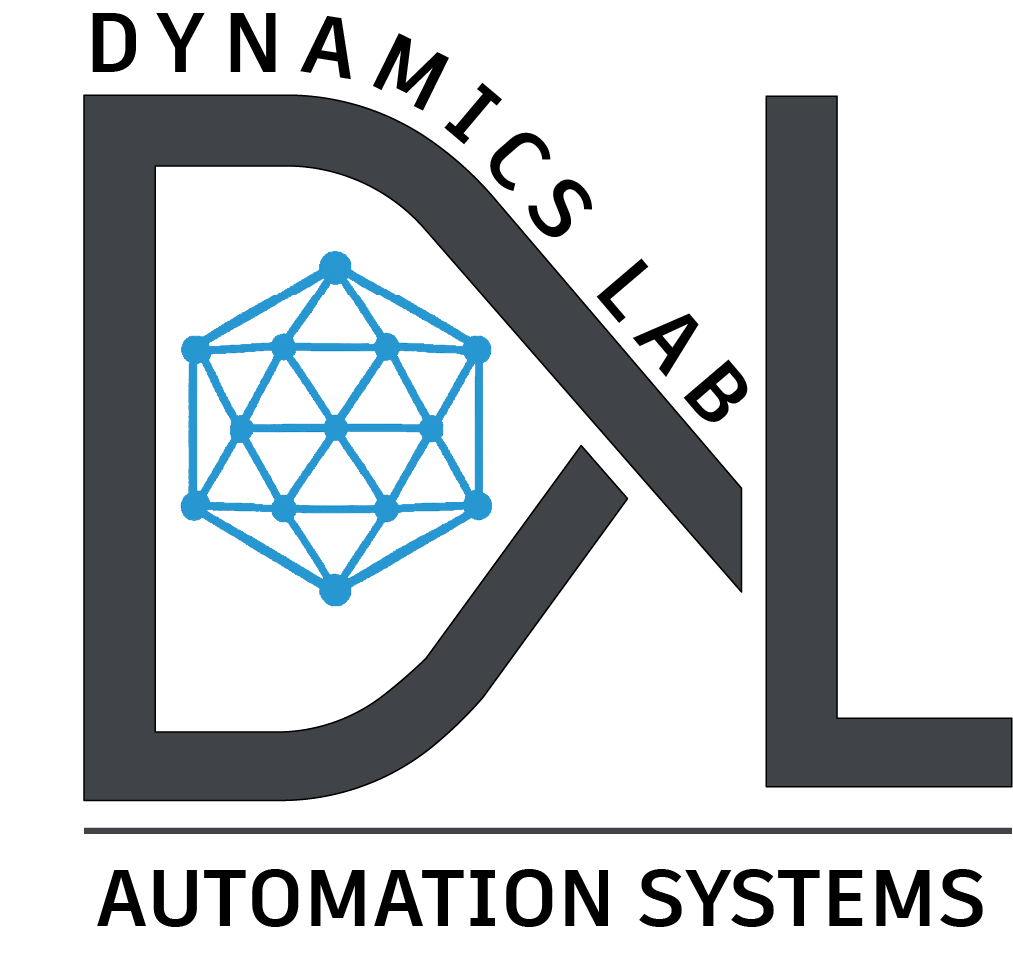As the era of artificial intelligence (AI) takes root across industries, Mark Zuckerberg is setting his sights on a far more ambitious frontier — superintelligence. The founder and CEO of Meta Platforms has officially announced his company’s strategic shift toward developing a next-generation AI that surpasses even human capabilities in key domains.
From AI to Superintelligence: A New Era for Meta
Zuckerberg has restructured Meta’s AI division with a singular focus: to create a superintelligent system that is more powerful, more sophisticated, and more reliable than current large language models (LLMs). This transformation is marked by the launch of a new entity within Meta: the Meta Superintelligence Labs (MSL).
The move reflects Meta’s intent to lead in what Zuckerberg calls “the next era of intelligence.” While current AI technologies can already perform complex tasks and simulate human behavior, superintelligence represents a step beyond — an AI capable of outthinking humans in general problem-solving, creativity, and decision-making.
Meta Superintelligence Labs (MSL): Leadership and Strategy
To spearhead this mission, Zuckerberg appointed Alexandr Wang, founder of Scale AI, as Chief AI Officer. Widely regarded as a rising star in the tech world, Wang will lead MSL alongside Nat Friedman, former GitHub CEO, who brings deep experience in open-source ecosystems and innovation leadership.
Meta’s new AI think tank also includes high-profile talent such as:
Jack Rae and Pei Sun (former DeepMind researchers)
Jiahui Yu, Shuchao Bi, Shengjia Zhao, Hongyu Ren (from OpenAI)
Joel Pobar (formerly at Anthropic, returning to Meta after a decade)
This elite team will collaborate to build next-generation AI architectures, working across large-scale model development, hardware acceleration, and foundational research.
Meta Superintelligence Labs (MSL): Leadership and Strategy
Zuckerberg’s ambitions are backed by staggering financial muscle. Meta plans to invest hundreds of billions of dollars in the coming years to expand its global AI infrastructure. These investments will fund:
Advanced data centers
Proprietary AI chips
Massive GPU clusters
Strategic acquisitions
Cutting-edge AI research hubs
Notably, Meta has already invested $14.3 billion into Scale AI and is actively pursuing partnerships or acquisitions with companies like Perplexity AI, Runway AI, and PlayAI — the latter specializing in interactive voice-based AI applications.
Talent Wars: Competing with OpenAI and Google
As part of this new race, Meta is also engaging in a high-stakes talent war. Zuckerberg is offering top-tier AI researchers compensation packages worth tens of millions of dollars, including equity options and performance-based bonuses. In an effort to woo the brightest minds from OpenAI, Google DeepMind, and Anthropic, he’s even organizing personal meetings at his private residences in Palo Alto and Lake Tahoe.
This hands-on recruitment strategy underlines the seriousness with which Meta views its AI ambitions. The goal is clear: to position Meta at the forefront of superintelligent AI, outpacing competitors like Microsoft-backed OpenAI and Google’s Gemini team.
What Is Superintelligence?
As part of this new race, Meta is also engaging in a high-stakes talent war. Zuckerberg is offering top-tier AI researchers compensation packages worth tens of millions of dollars, including equity options and performance-based bonuses. In an effort to woo the brightest minds from OpenAI, Google DeepMind, and Anthropic, he’s even organizing personal meetings at his private residences in Palo Alto and Lake Tahoe.
This hands-on recruitment strategy underlines the seriousness with which Meta views its AI ambitions. The goal is clear: to position Meta at the forefront of superintelligent AI, outpacing competitors like Microsoft-backed OpenAI and Google’s Gemini team.
The Future of Meta — and AI
With Meta’s reorganization and aggressive investment, the global tech race is entering a new phase. Zuckerberg’s initiative signals the transition from experimental AI to a future where superintelligent systems could reshape industries, economies, and even societal structures.
The rise of superintelligence is no longer science fiction — it’s a competitive battleground. And Meta is preparing to lead it.








